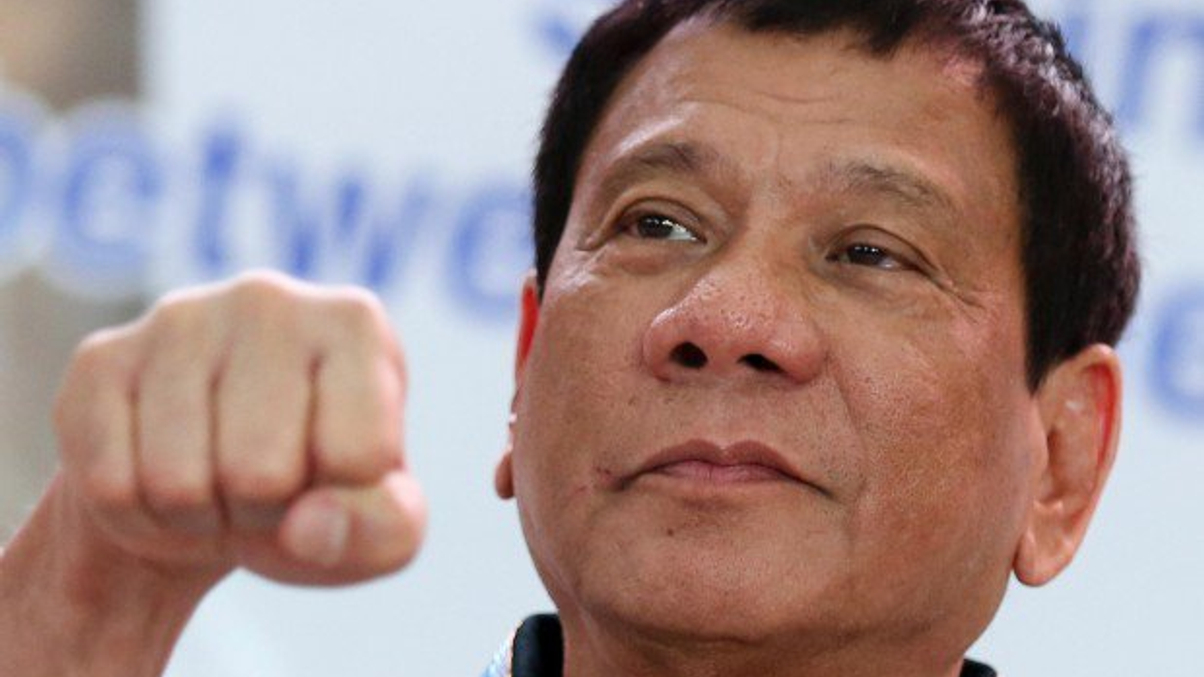Philippines would benefit from a “benign strongman”
With the Philippine presidential election to take place today, fund managers say frontrunner Rodrigo Duterte would be effective despite the controversy hounding the Davao City mayor.

With the Philippines going to the polls to elect their next president today, fund managers have voiced optimism for what frontrunner Rodrigo Duterte could achieve as president, despite the controversy he has attracted. But they also stress that a success for the Davao City mayor, in the country's fifth general election since dictator Ferdinand Marcos was deposed, would bring with it risks.
Sign in to read on!
Registered users get 2 free articles in 30 days.
Subscribers have full unlimited access to AsianInvestor
Not signed up? New users get 2 free articles per month, plus a 7-day unlimited free trial.
¬ Haymarket Media Limited. All rights reserved.


